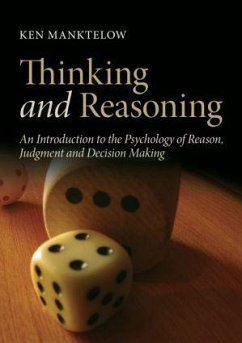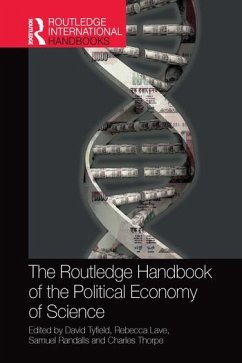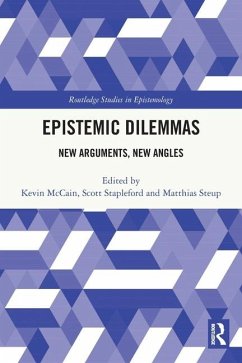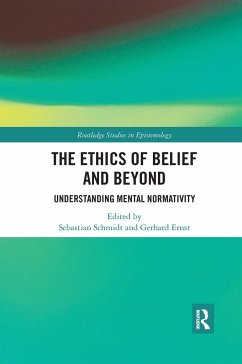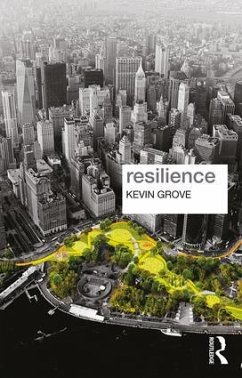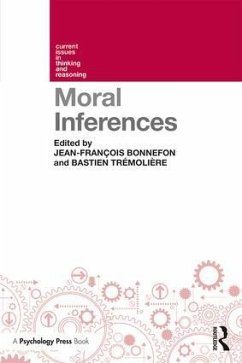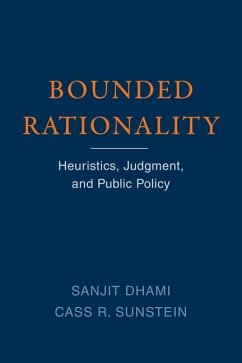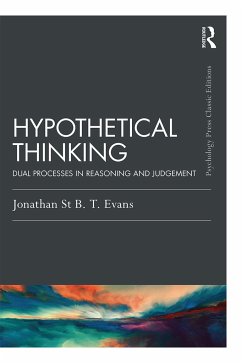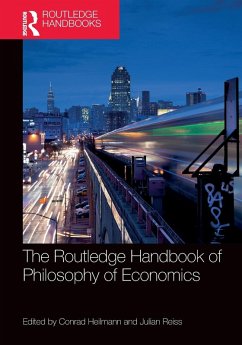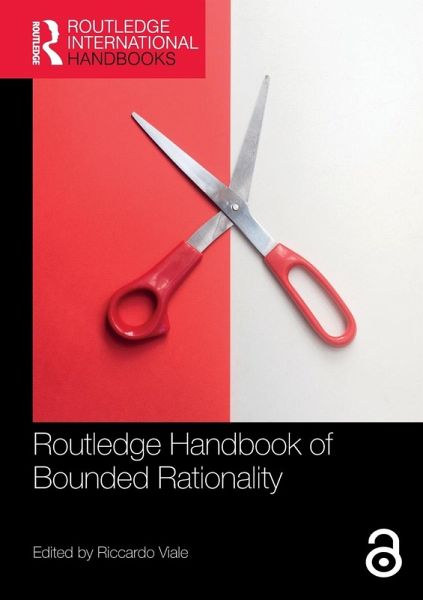
Routledge Handbook of Bounded Rationality
Versandkostenfrei!
Versandfertig in 6-10 Tagen
51,99 €
inkl. MwSt.

PAYBACK Punkte
26 °P sammeln!
Herbert Simon's renowned theory of bounded rationality is principally interested in cognitive constraints and environmental factors and influences which prevent people from thinking or behaving according to formal rationality. Simon's theory has been expanded in numerous directions and taken up by various disciplines with an interest in how humans think and behave. This includes philosophy, psychology, neurocognitive sciences, economics, political science, sociology, management, and organization studies.The Routledge Handbook of Bounded Rationality draws together an international team of leadi...
Herbert Simon's renowned theory of bounded rationality is principally interested in cognitive constraints and environmental factors and influences which prevent people from thinking or behaving according to formal rationality. Simon's theory has been expanded in numerous directions and taken up by various disciplines with an interest in how humans think and behave. This includes philosophy, psychology, neurocognitive sciences, economics, political science, sociology, management, and organization studies.
The Routledge Handbook of Bounded Rationality draws together an international team of leading experts to survey the recent literature and the latest developments in these related fields. The chapters feature entries on key behavioural phenomena, including reasoning, judgement, decision making, uncertainty, risk, heuristics and biases, and fast and frugal heuristics. The text also examines current ideas such as fast and slow thinking, nudge, ecological rationality, evolutionary psychology, embodied cognition, and neurophilosophy. Overall, the volume serves to provide the most complete state-of-the-art collection on bounded rationality available.
This book is essential reading for students and scholars of economics, psychology, neurocognitive sciences, political sciences, and philosophy.
The Routledge Handbook of Bounded Rationality draws together an international team of leading experts to survey the recent literature and the latest developments in these related fields. The chapters feature entries on key behavioural phenomena, including reasoning, judgement, decision making, uncertainty, risk, heuristics and biases, and fast and frugal heuristics. The text also examines current ideas such as fast and slow thinking, nudge, ecological rationality, evolutionary psychology, embodied cognition, and neurophilosophy. Overall, the volume serves to provide the most complete state-of-the-art collection on bounded rationality available.
This book is essential reading for students and scholars of economics, psychology, neurocognitive sciences, political sciences, and philosophy.





